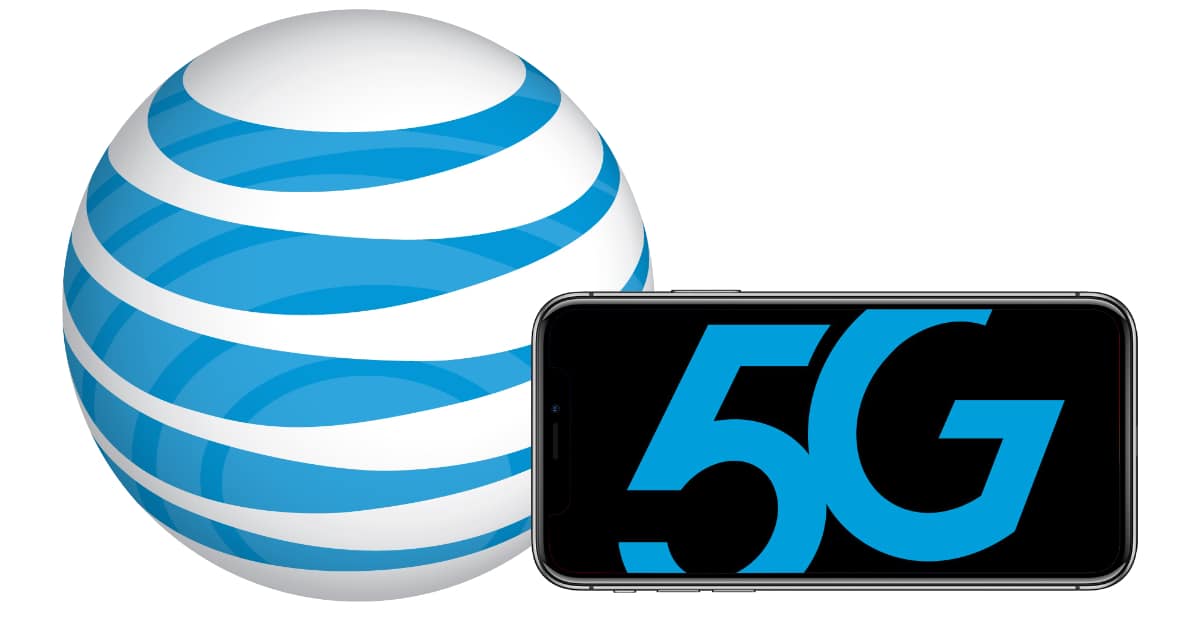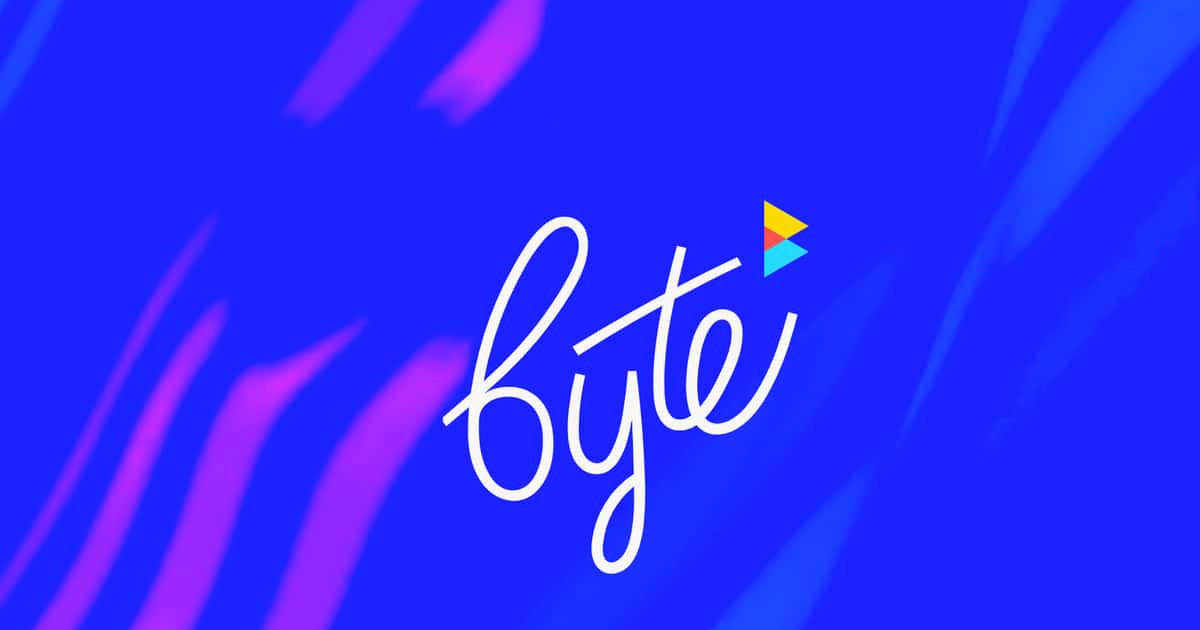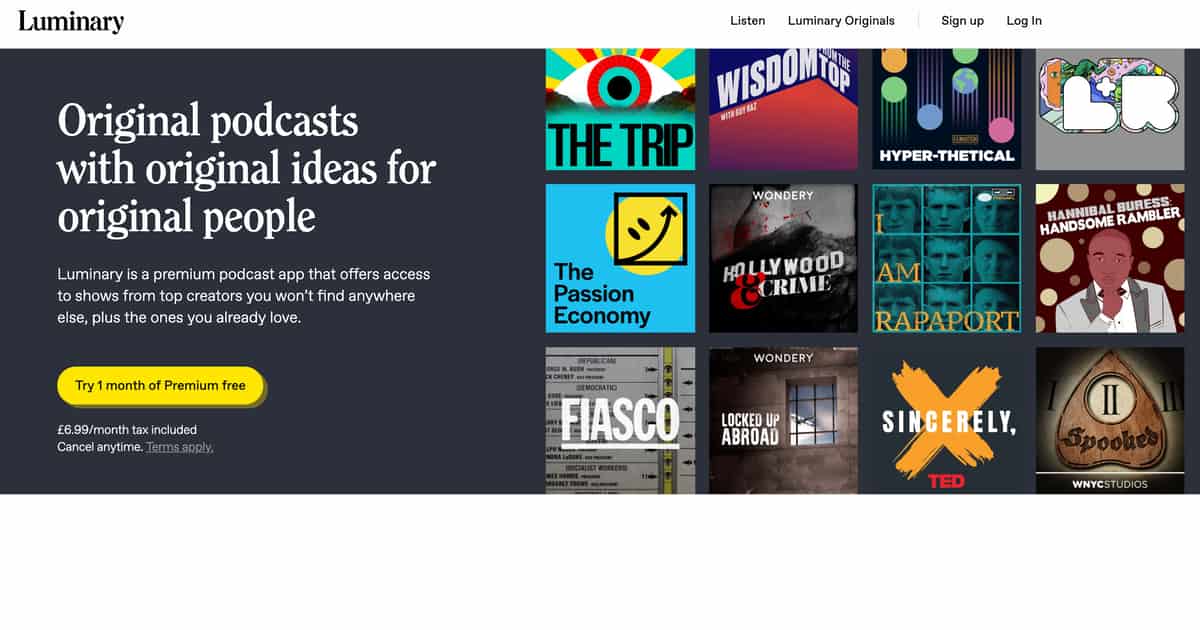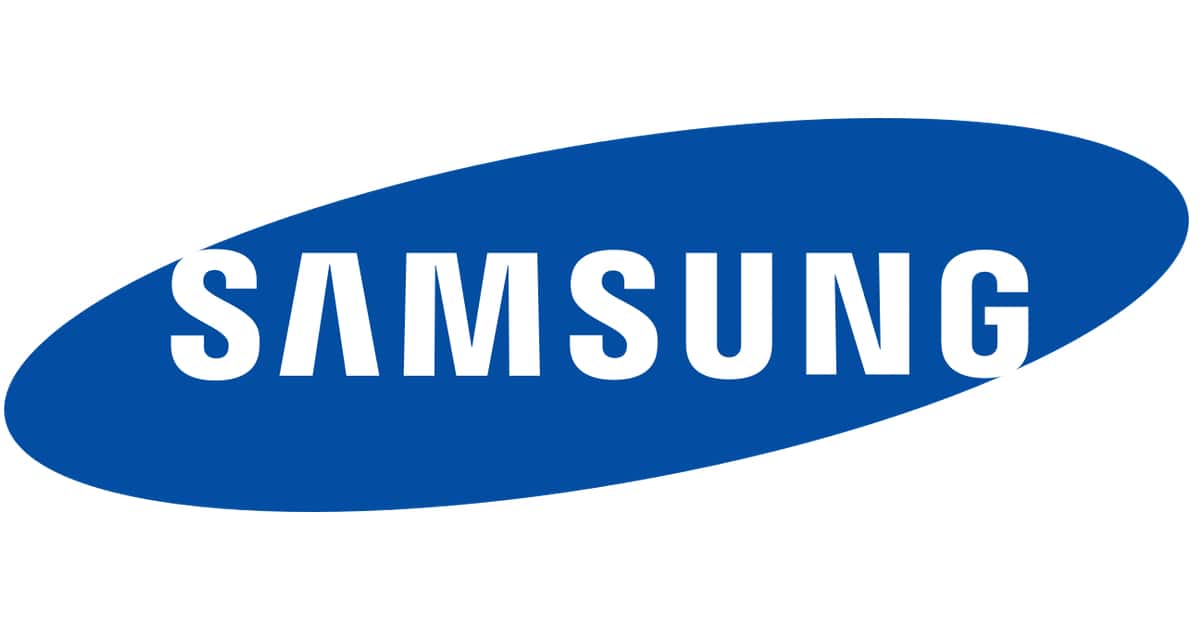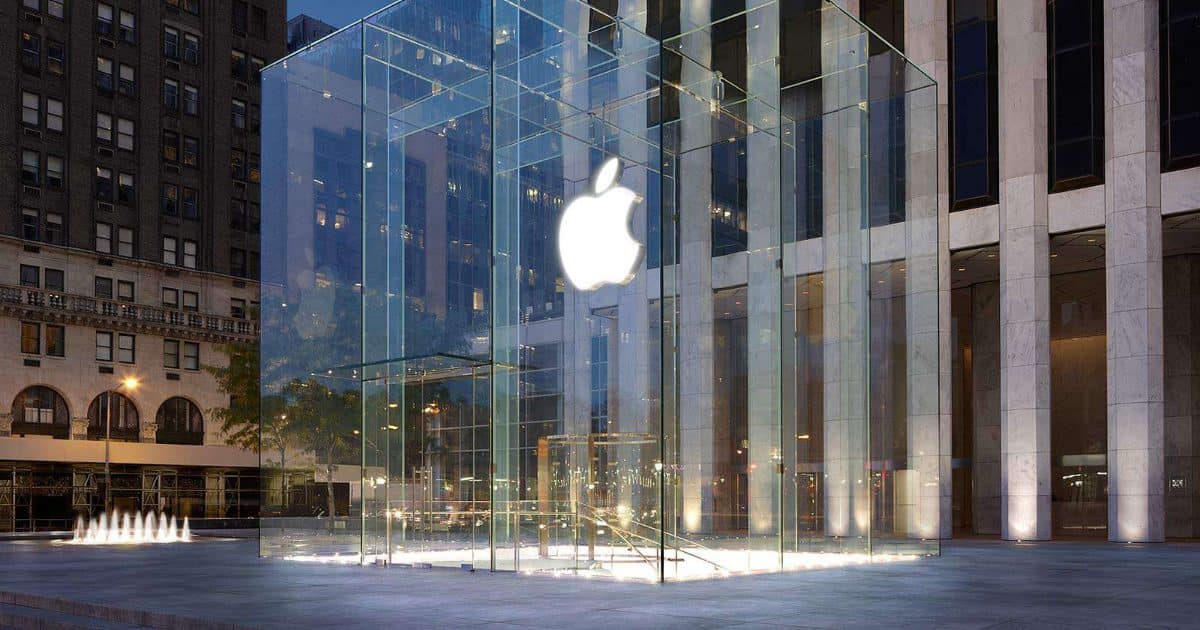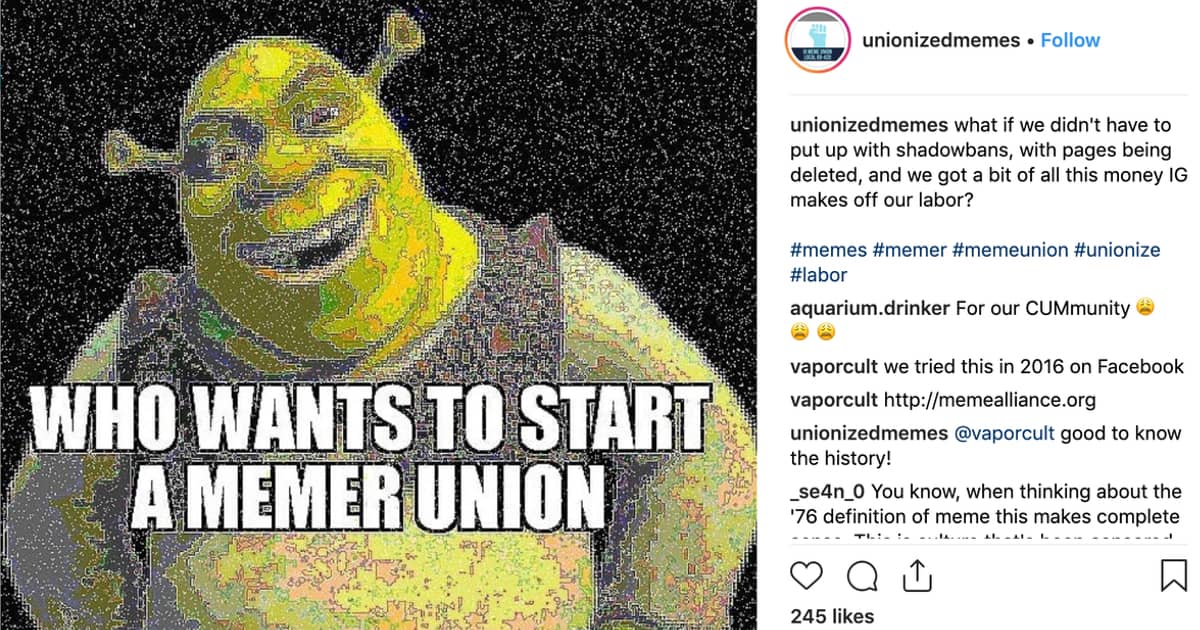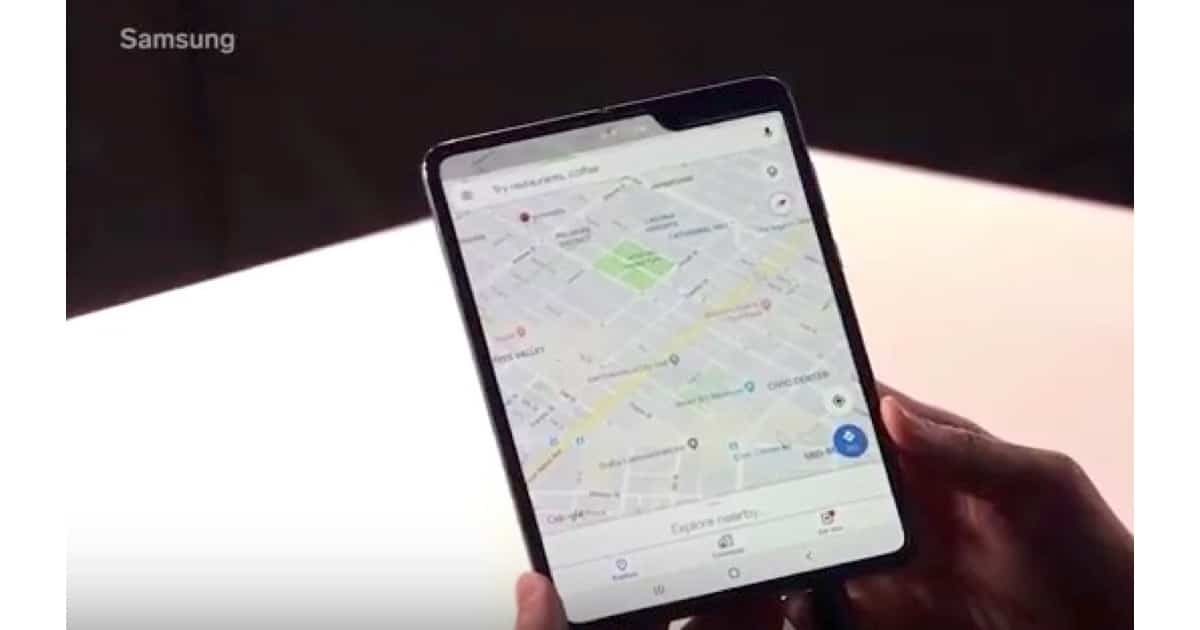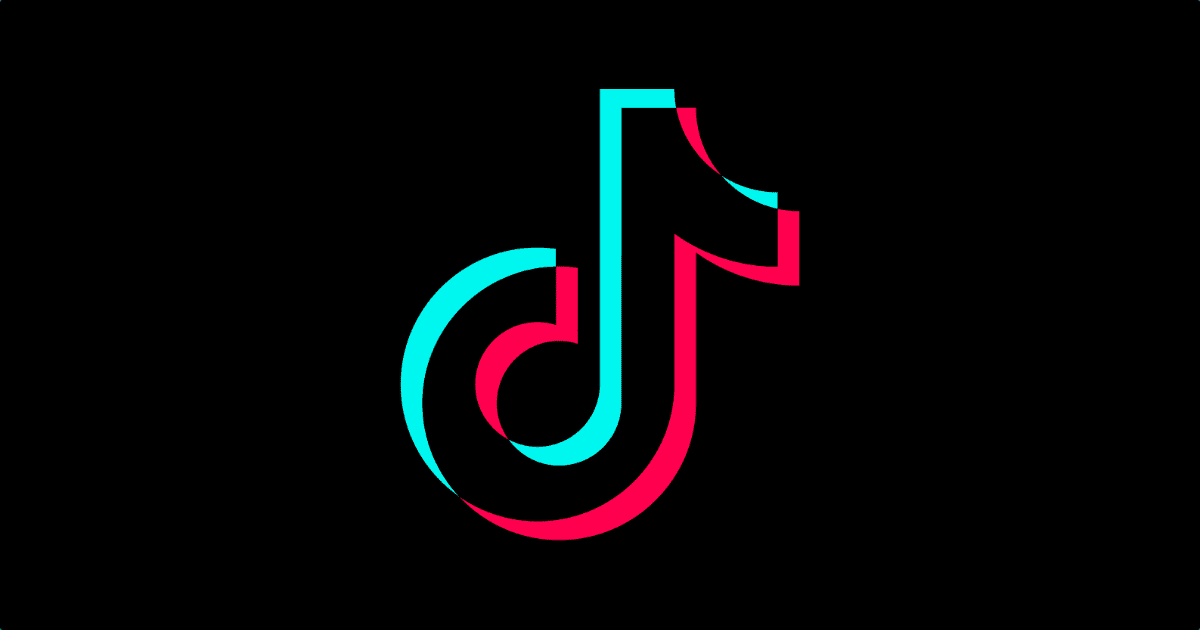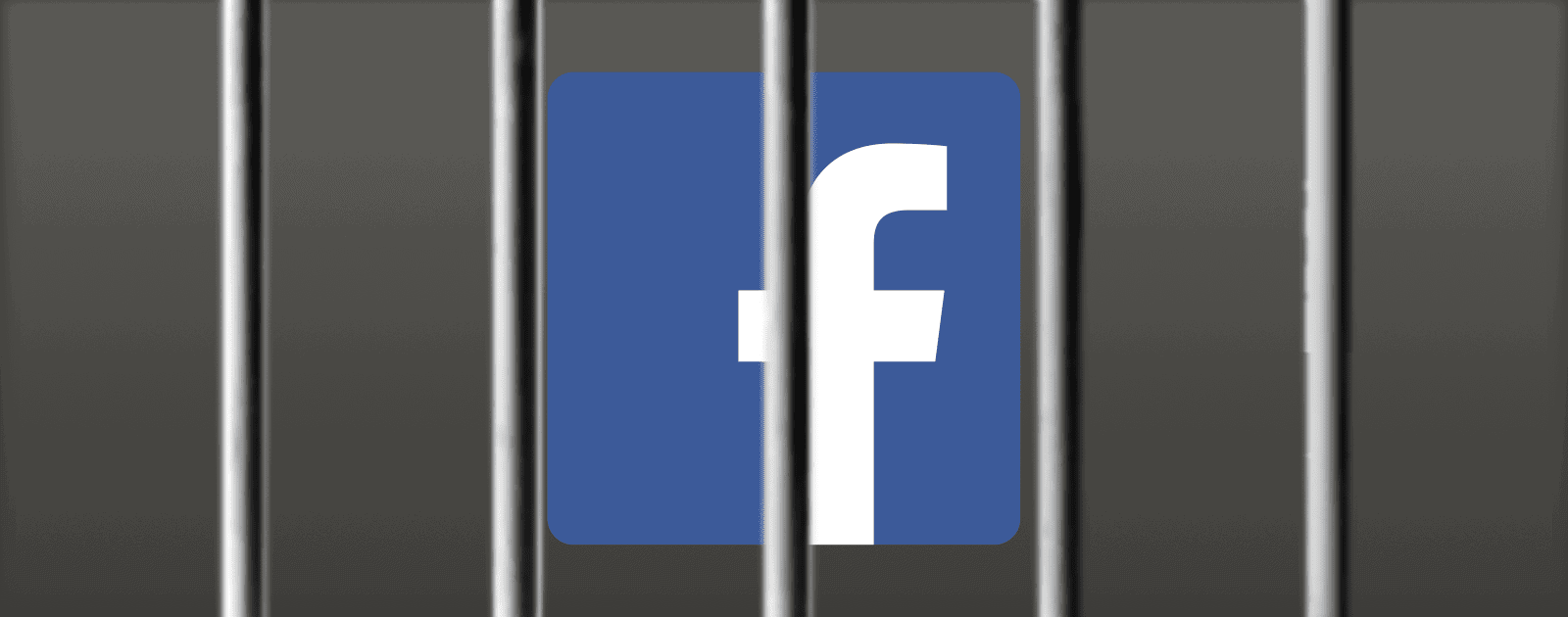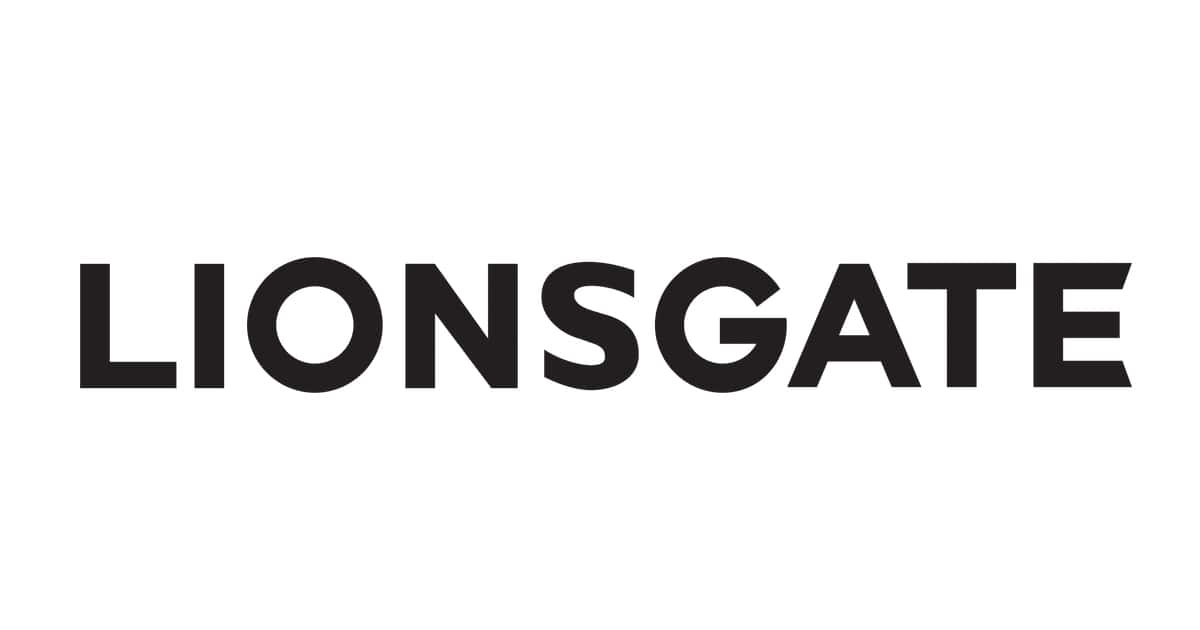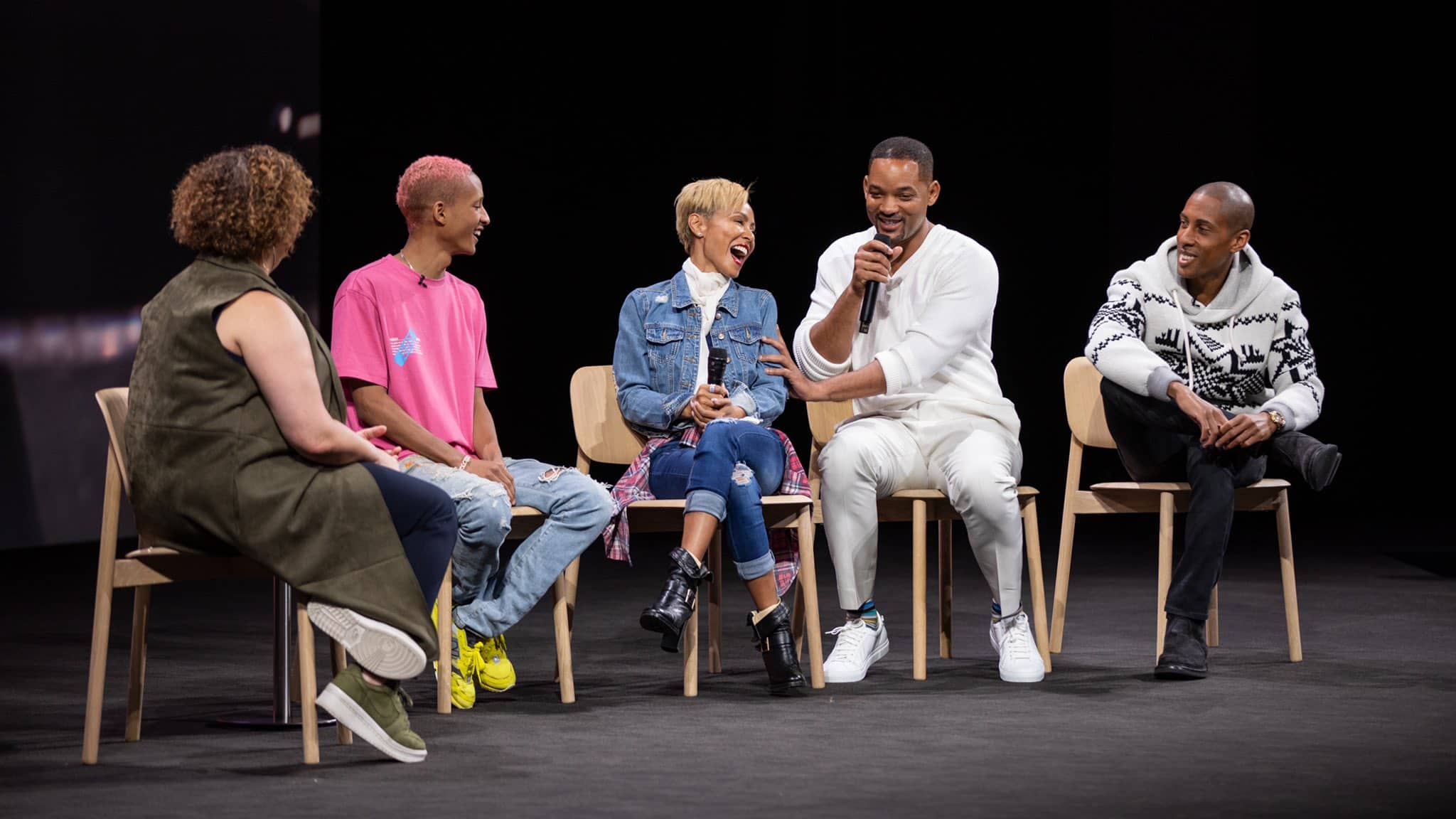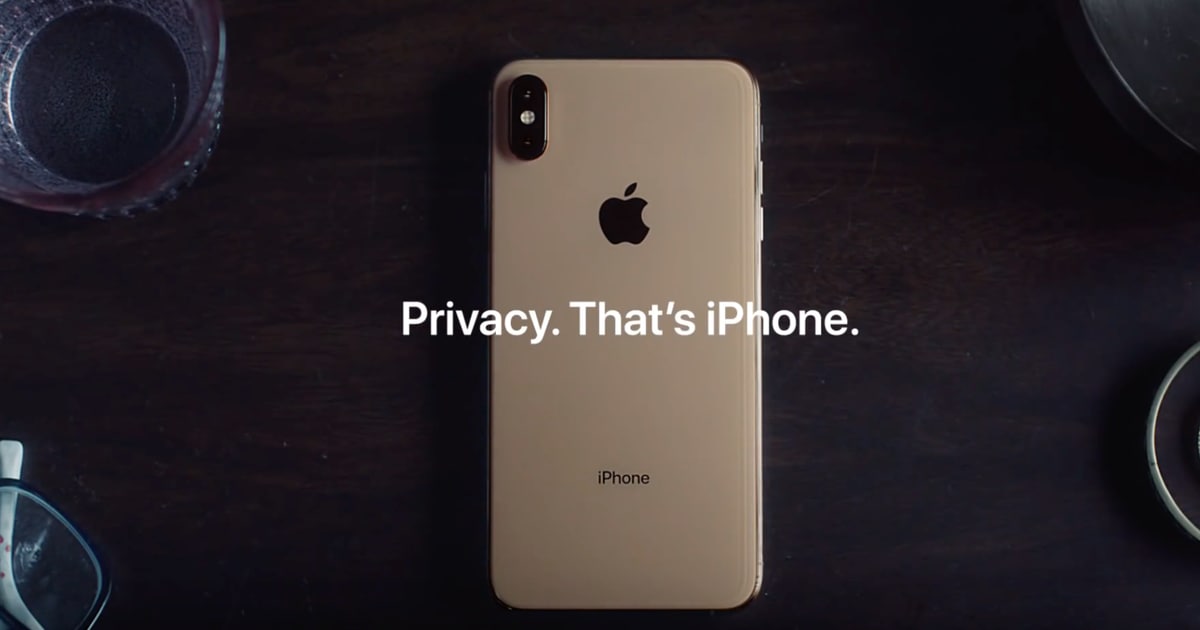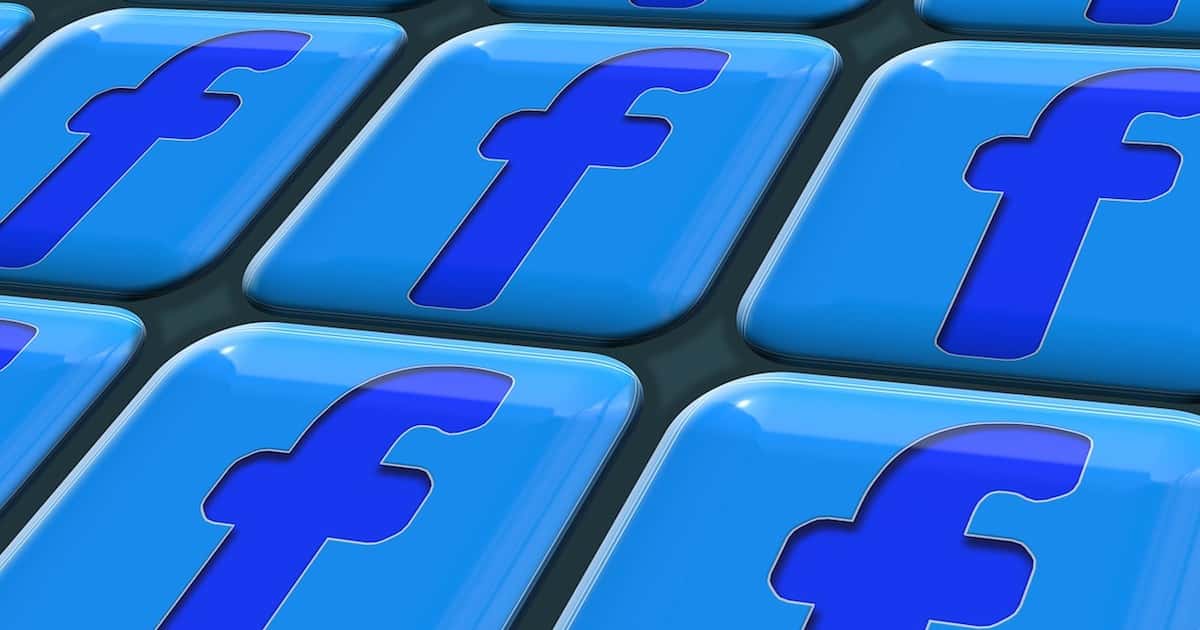Apple Pay officially launched in Austria, giving customers of Erste Bank and N26 access to the service in the country.
Articles by Charlotte Henry
Beyoncé Hit Album 'Lemonade' Album Finally Available on Apple Music
Beyoncé’s Lemonade album is available on Apple Music, as well as Spotify and Deezer, for the first time since its release in 2016.
Sprint and AT&T Settle Lawsuit, 5G E Logo Set to Remain
Sprint and At&T have settled their legal dispute. Sprint sued its rival, accusing AT&T of being “deliberately misleading” in putting a 5G E logo on devices. The legal wrangling may be over, but 9to5Mac points out that not much will change for consumers. The 5G E logo will still appear on iPhones.
AT&T defended itself by saying that 5G Evolution is meant to “simply let customers know when their device is in an area where speeds up to twice as fast as standard LTE are available.” Of course, certain speed tests have cast doubt on the true speeds of 5G E.The lawsuit between Sprint and AT&T is certainly one where we’d like to learn the settlement details. Unfortunately, however, it seems that we’ll simply keep staring at the 5G E logo on our iPhones, with little recourse available.
Elon Musk Predicts Self-Driving Robotaxis by 2020
Tesla Founder Elon Musk told investors that he was “very confident” that self-driving “robotaxis” by his firm will be on the roads by 2020.
Byte: Vine Founder Beta Tests New Short Video Platform
Remember Vine? The short-form video app was hugely popular until Twitter killed it and TikTok replaced it. Founder Don Hoffman is back though, with a new app called Byte. Techcrunch reported on the Vine reboot, which has begun closed-beta testing.
It will be a long uphill climb for Byte given TikTok’s massive popularity. But if it differentiates by focusing less on lip syncing and teen non-sense so it’s less alienating to an older audience, there might be room for a homegrown competitor in short-form video entertainment. Hoffman tells TechCrunch that he’s emboldened by the off-the-cuff nature of the beta community, which he believes proves the app is compelling even before lots of creative and funny video makers join. He says his top priority is doing right by creators so they’ll be lined up to give Byte a shot when it officially launches even if they could get more views elsewhere.
Luminary and the Backlash Against Paid Podcast Subscriptions
When podcast app Luminary announced its subscription model and tweeted an image of a bunny with a sign saying “Podcasts don’t need ads,” it faced something of a backlash. The platform will exclusively host some original shows, but it will not have some very popular shows available. Luminary CEO and co-founder Matt Sacks sat down with The Verge to explain what happened, and what’s next for his firm.
What the $100 million venture-backed podcasting company was trying to communicate, Sacks says, is that podcast listeners should have a choice: pay for subscription-based shows without ads or listen to podcasts for free but deal with ads as a price. “We really do feel like what we’re introducing is choice and optionality and trying to help elevate premium and paid podcasting, which would be good for creators and listeners, as well,” he says.
Samsung Recalling Galaxy Fold Sample Units
Having canceled media events and delayed the launch of the Galaxy Fold, Samsung is now recalling all samples of the smartphone.
Student Sues Apple for $1 Billion over Apple Store Theft Accusations
A student sued Apple for $1 billion Monday, claiming he was falsely linked to series of Apple Store thefts by facial-recognition software.
Some Instragram Meme Accounts Want to Unionize
Left-wing memes are often very popular on Instagram. They have even made some of the people who share them quite well-off. Now some of those creators want to form a union, according to Vox.
The union, the first major organizing effort for professional meme creators on Instagram, is made up of that latter group, and now has thousands of followers on its official account and an open application process for new members. As Taylor Lorenz notes in the Atlantic, it will probably never be recognized by the National Labor Relations Board, the federal agency that governs unions, but the organizing drive is still very real: Not only does it use traditional union organizing tactics, but the memers have concrete demands they want Instagram to agree to. And with growing membership, they’ll likely have a bit of leverage.
The 11 People Trying to Fight Fake News in the Indian Election
The Indian election is the world’s largest democratic exercise. There is, unsurprisingly, some concern that it could be undermined by fake news. Bloomberg News met Boom Live, an 11-strong team of fact-checkers that make up 1 of the 7 firms working with Facebook’s efforts.
Based on the early tallies, more than 60 percent of India’s 900 million eligible voters are expected to cast ballots between now and May 19, as the center-left Congress Party tries to seize power from the right-wing Bharatiya Janata Party. As in other elections around the world, paid hacks and party zealots are churning out propaganda on Facebook and the company’s WhatsApp messenger, along with Twitter, YouTube, TikTok, and other ubiquitous communication channels. Together with Facebook’s automated filters, Boom’s 11 fact-checkers and its similar-size fellow contractors are the front line of the social network’s shield against this sludge.
Samsung Delays Galaxy Fold Media Events
Samsung has delayed two media events for its Galaxy Fold scheduled for this week after reviewers reported problems with the smartphone.
Apple is One of AWS's Biggest Clients
Apple is one of AWS’s biggest clients, spending over $30 million each month on the cloud service from one of its rivals.
Tim Cook Shares Stunning Shot on iPhone Images for Earth Day
Apple CEO Tim Cook shared beautiful photos of nature, all shot on an iPhone, via Twitter to celebrate Earth Day.
Why Your Kid Loves Being on TikTok
This week, TikTok got banned in India. Apple removed it from the iOS App Store in the country. However, the video-sharing app remains hugely popular with a young audience worldwide. Bloomberg Businessweek looked at why.
TikTok decides what videos to show by tapping into data, starting with your location. Then, as you start watching, it analyzes the faces, voices, music, or objects in videos you watch the longest. Liking, sharing, or commenting improves TikTok’s algorithm further. Within a day, the app can get to know you so well it feels like it’s reading your mind. That’s why Jade, the Oklahoma teen, mostly sees videos of people dancing, while her mom regularly gets clips of dog tricks.
UK Far-Right Ban Signals Serious Shift by Facebook
This week, Facebook banned far-right groups in the UK. These included the likes of Britain First and the English Defence League. At Wired, Matt Reynolds looked at the profound shift by the company this move signalled.
And Facebook says it will go further than just banning these organisations and individuals. It will also go after their followers…This is a dramatic switch for a company that, until a month ago, still talked about itself as a digital “town square” – a space where all voices, including the distasteful and dubious, jostled for attention, free from any interference. It is a seductive ideal that harks back to the early days of the internet and its promise of unfettered freedom of speech.
Apple Hires Lionsgate Veteran Danielle DePalma
Apple has hired former Lionsgate Executive Vice President Danielle DePalma. She will be a Senior Film and TV Series Marketing executive, leading on promoting Apple’s forthcoming content. Deadline reported that she will report to Head of Video Marketing Chris Van Amburg.
DePalma was a Lionsgate veteran who spent about a decade at the company before leaving in January. At Lionsgate she previously served as SVP digital marketing and VP new media and marketing, overseeing the digital/social media campaigns for such movies as The Hunger Games franchise and Kick-Ass.
Will Smith Visits Apple Campus Ahead of Earth Day
Will Smith, his wife Jada Smith, and son Jaden Smith visited Apple Park to discuss the environment ahead of Earth Day.
Amazon Launches Free Music Tier Via Alexa
Alexa owners can now access some Amazon Music playlists and stations via the voice assistant, with the launch of a new free tier.
Foxconn Sticking to Wisconsin Plans Despite Governor's Criticism
Foxconn said remained committed to its planned factory in Wisconsin, despite recent criticism from the state’s Governor.
Privacy And The Next Phase of Apple vs Facebook
Facebook and Apple’s approach to privacy has long differentiated the two firms. While that remains the case, things are changing Writer, and recent Background Mode guest, Lance Ulanoff looked at the next phase of the battle between companies.
Facebook hasn’t traditionally cared much for [privacy], for example, while Apple has bent over backwards to market privacy features. But the tide may be shifting, depending on how you interpret some recent product announcements. Facebook CEO Mark Zuckerberg recently committed himself to “building a privacy-focused” platform, while Apple announced a slate of new services that a different, less scrupulous company might use to harvest user data.
Apple Announces New Recycling Lab in Austin
Apple announced Thursday that it is opening a new lab in Austin, Texas focused on finding new recycling processes.
Apple VP Lisa Jackson on Making an iPhone From Recycled Materials
Apple’s Vice President of Environment, Policy, and Social Initiatives Lisa Jackson was recently named one of Business Insider’s 100 people transforming the world of business. The publication has a fascinating interview with the Apple exec, in which she talks about Apple’s aim to make an iPhone from only recycled materials.
Since joining Apple in 2013, Jackson has driven initiatives like Apple’s decision to run on 100% clean energy and the Daisy recycling robot, which it announced in 2018 after debuting its first iPhone-dismantling machine called Liam in 2016. “We’re feeling really good about the fact that we’ve watched this idea go from a pilot stage with Liam to full production stage in Daisy,” Jackson said…Apple’s initiatives under Jackson come as advocacy groups have criticized the company and other large tech firms and accused them of kneecapping efforts to minimize manufacturing waste
Facebook Imported 1.5 Million Users' Contacts Lists Without Their Permission
Facebook collected the contact lists of 1.5 million people who joined the social network from May 2016 without their permission.
AirPods Are Causing Some Awkward Social Situations
AirPods are hugely popular. Everywhere you turn people have them hanging out of their ears. While they bring a lot of benefits, not least for Apple, Buzzfeed News looked at the awkward social situations the wireless headphones can create.
Unlike traditional headphones, AirPods are the kind of things you can keep in your ears at all times, and many people do. Their sleek design and lack of wires make it easy to forget they’re resting in your head. And their status symbol shine doesn’t exactly scream “take me out.” This may be great for Apple and its bottom line, but it’s making life weird for people interacting with those wearing them. Are they listening to me? Are they listening to music? A podcast? Just hanging? It’s tough to know.



